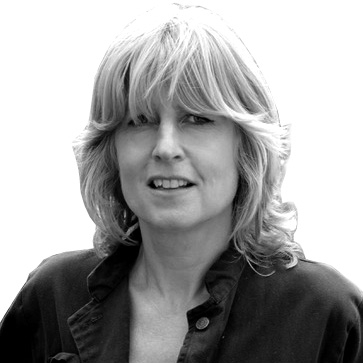Young women in neat, brown pinafore dresses with white collars and cuffs, brown felt hats emblazoned with an N and white gloves are moving with brisk purpose. Dotted in between them are a couple of young men in tweed jackets. They may look like “downstairs” extras in a scene from Downton Abbey, but this is no period drama. Trotting between classes — come on now, spit spot! — in this spanking, multimillion-pound gold-stone campus overlooking the Royal Crescent in Bath, are Britain’s poshest nannies in training. For this is Norland College — an institute that has led the world in early-years education for 126 years and provided the original template for PL Travers’s practically perfect nanny, Mary Poppins.
The Duke and Duchess of Cambridge have a Norland nanny who enjoys the run of her own private residence in Kensington Palace. Mick Jagger, the Princess Royal and the Duchess of York have all employed one. My grandparents’ Norlander — Nanny Reid — stayed with the family so long, she was still en poste when my mother had us. My mother has a sweet photograph by her bed of Nanny Reid taking care of the infant Boris after she’d sat her finals, while vastly pregnant with me.


